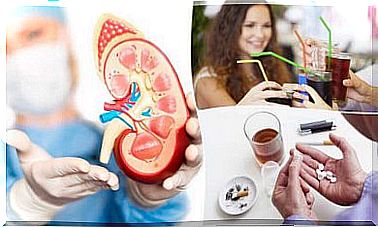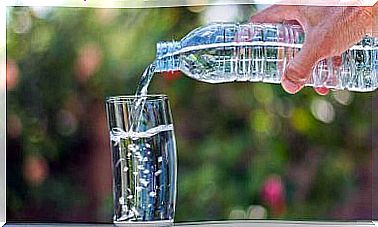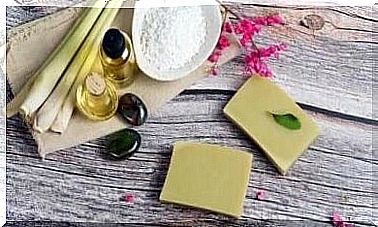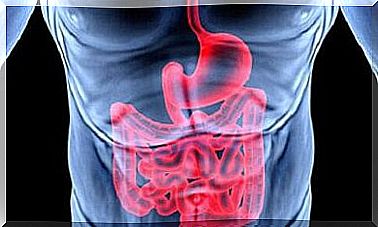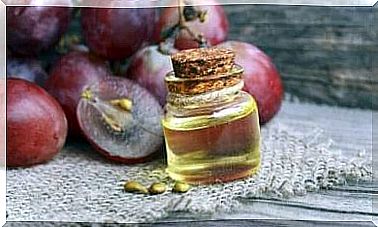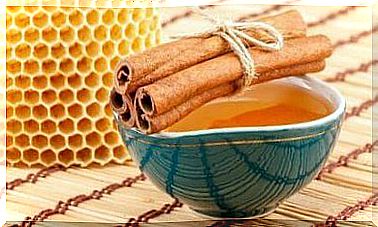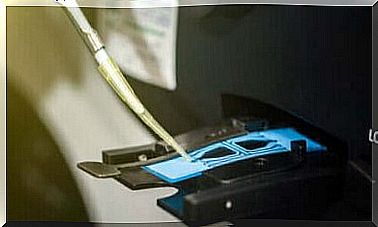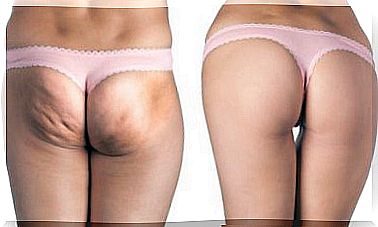Good Food For Vegan Athletes
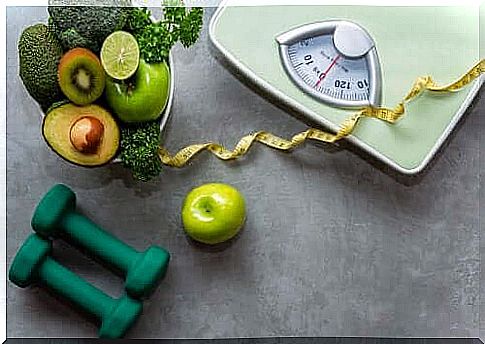
Vegan and vegetarian diets are suitable for all stages of life and all kinds of people. The vegan diet provides all the necessary nutrients as long as you choose the right foods and plan your meals carefully. Such a diet should therefore be carefully planned to maintain good performance and to avoid nutrient deficiencies or sports injuries. In this article, we present good food for vegan athletes.
A vegan diet for athletes
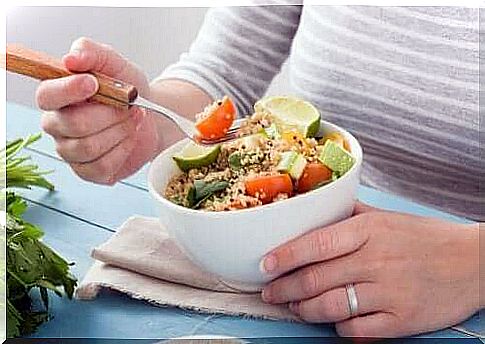
A vegan may have ideological or health reasons to follow a vegan diet, or he may just like such foods. In either case, the diet should be as balanced as that of mixed eaters. The vegan diet is also suitable for sports and professional athletes.
However, the diet of vegan athletes should take into account the needs of the athlete and pay special attention to protein intake, as there is no animal protein in the diet.
Are there vegan athletes?
Yes it is! Vegans also compete in all kinds of sports. Here are some examples of vegan athletes:
- Lizzy Hawker, long distance runner and five-time winner of the Ultra-Trail Tour du Mont Blanc.
- Edwin Moses, a two-time Olympic champion in the 400-meter fencing.
- Dave Scott, a triathlon contestant and a six-time winner of the Triathlon Hawaii.
- Alberto Pelaez Serrano, long distance runner.
- Sergio Agüero, professional footballer.
- Patrik Baboumian, a German powerlifter.
- Williams sisters, tennis players.
- Frank Medrano, a weightlifting professional.
How, then, do these professionals get all the nutrients an athlete needs from their food? Let’s look next at what are good foods for vegan athletes.
Good food for vegan athletes
Fruits and vegetables
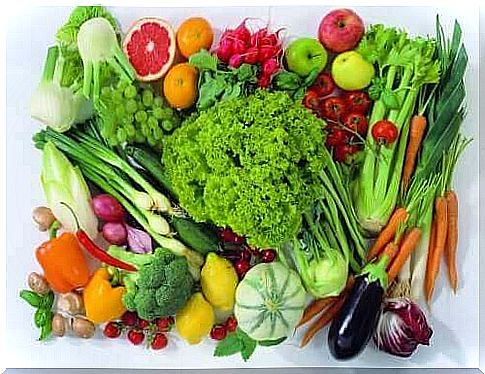
The diet of a vegan athlete should be based on fresh seasonal products, and athletes who follow a vegan diet should not only eat rice and pasta, as many assume.
Seasonal vegetables and fruits are very important because, like athletes in general, vegan athletes need more of certain vitamins and minerals.
Athletes aiming to burn fat should prefer vegetables in particular. Instead, athletes who aim to gain more weight and improve their performance should keep their focus on fruits (in addition to the other foods listed below), as they are not only satisfying but also provide more calories and carbohydrates than vegetables.
Carbohydrates for vegan athletes
Vegan athletes should eat rice, oats, quinoa, seeds and nuts, which provide a lot of different vitamins and minerals in addition to protein and good fats. Legumes and nuts are good sources of carbohydrates as well as the main sources of protein in the vegan diet.
For this reason, vegan athletes should give up other, less nutritious grains and favor more nutritious alternatives such as legumes, nuts and seeds. Vegan athletes should prefer, for example, legume flour (such as chickpea flour) and vegetable paste (such as pea or lentil paste) instead of wheat paste.
Good food for vegan athletes: sources of protein
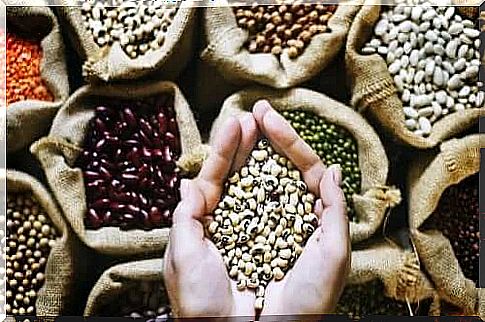
Many find protein intake problematic for vegan athletes, as many associate this macronutrient in their minds with products of animal origin alone. In reality, legumes and nuts get a lot of plant protein.
They can be eaten in dams, salads, hummus or, for example, in various butters (such as cashew and peanut butter), which are high-calorie and nutrient-rich products. Other good options are creams made from nuts (almond and hazelnut cream), which can be made at home by grinding the nuts themselves.
Nourishing mushrooms should also be considered, as should food yeast. A few tablespoons will provide about 12-15 grams of protein.
Fats of a vegan athlete
Essential fatty acids are another common stumbling block in a vegan diet. As you probably already know, fish oil is the best source of Omega-3 fatty acids, but it is not the only option.
Good fat can be obtained from the following vegan foods, among others:
- Nuts. Including walnuts, almonds, hazelnuts, cashews, pistachios and pine nuts.
- Seed. Pumpkin, sunflower, sesame, flax and poppy seeds.
- Fatty fruits. Avocados, olives, etc.
- Olive, nut and seed oils.
- Vegetable margarine (preferably organic).
Remember that an athlete’s nutrition coach should help ensure that the diet is full, balanced and meets all the athlete’s needs. This keeps your health good.
